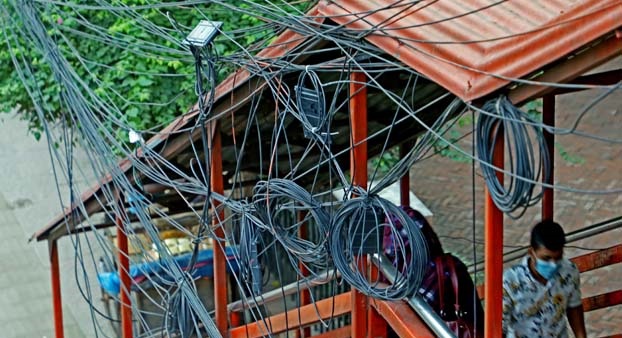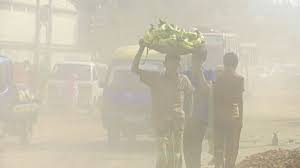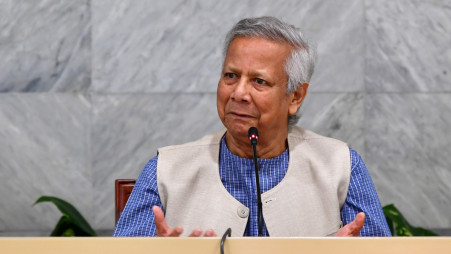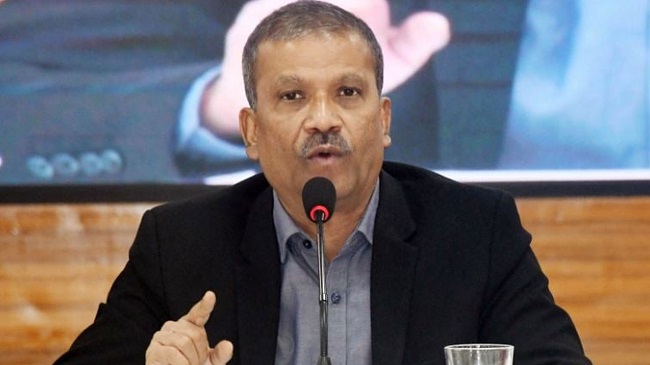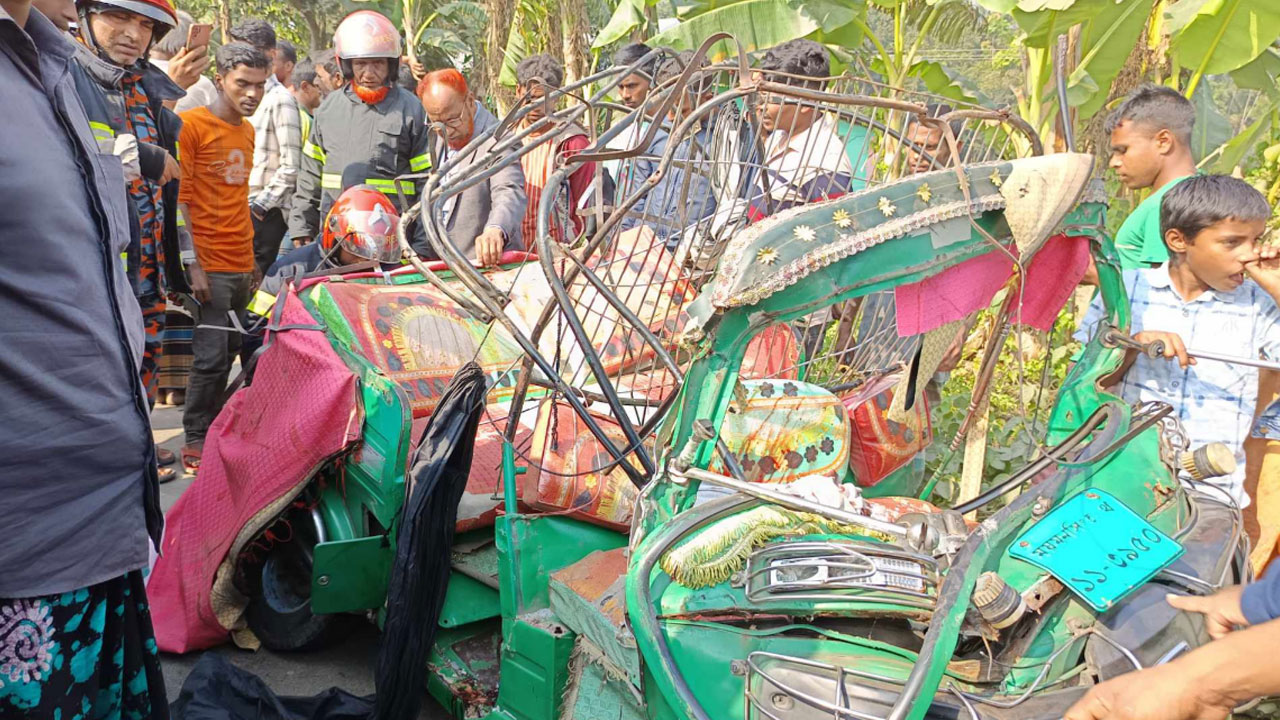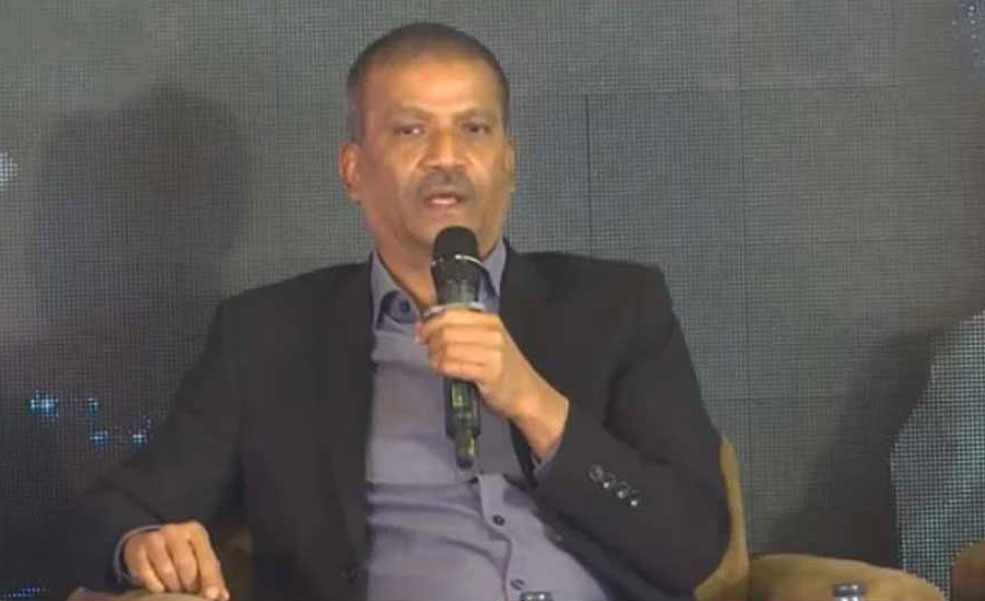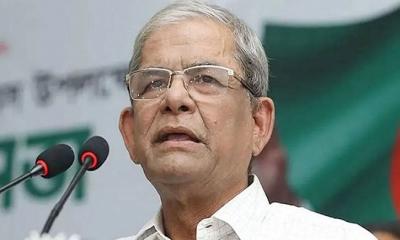Time limit is enhanced repeatedly, but overhead cables of different services like internet, telecom, and cable TV networks still hang from poles in many areas of the capital, posing high accident risks to the city dwellers.
The last deadline was fixed for November to remove the hanging wires from the road poles and lay them underground in Dhaka. However there is no progress, Dhaka South City Corporation (DSCC) has extended the time again up to December.
The DSCC started operation on August 5 to remove hanging wires from the road poles. In protest, the Internet Service Providers Association of Bangladesh (ISPAB) announced to shut down their service. Then on October 18, the leaders of ISPAB and Cable Operators Association of Bangladesh (COAB) met with Sheikh Fazle Noor Taposh, Mayor of DSCC.
The operators promised that the hanging wires would be taken underground by November. Working on some roads may take extra time. However, the hanging wires were not removed at the specified time, but some preliminary work has been done in a ward of South City during the last 40 days.
The same situation is in North City Corporation.
It is learned that from October 19 to November 30, ISPAB started work on installing it underground in Saat Masjid Road in Dhanmondi, only in the DSCC area. On the other hand, the work was completed in three roads of Gulshan Avenue and Sector 4 of Uttara. Apart from this, work is underway on various roads in Sector 4, 6 and 11 of Uttara and from the US Embassy area in Gulshan to Banani Kamal Ataturk Avenue.
In 2009, BTRC issued a license to Fiber at Home and Summit Communications as nationwide telecommunication transmission network or NTTN operators to lay fiber optic cables underground. Later, licenses were issued to Bangladesh Railway, Power Grid Company of Bangladesh, Bangladesh Telecommunications Company Limited (BTCL) and Bahan Limited.
But over the last 10 years, no significant progress has been made in removing the hanging wires and laying them underground.
Although the two NTTN operators have installed optical fiber on the main road, the connection to households is only at 6,000 points, which is very little compared to the more than 10 lakh buildings in Dhaka.
According to the rule, no one can create a network without a licensed operator. But in Dhaka, legal and illegal internet service providers and dish operators are using electricity poles and street lights of city corporations to provide internet and dish services.
Speaking to all the concerned parties, it was learned that the NTTN operator did not make the necessary investment as it was not guaranteed to be used after placing it under the ground. Internet and dish service providers have not shown interest in using underground cable (optical fiber) for fear of rising costs.
Concerned people say that it was discussed several times during the last three years about the fee for use of underground cable. But the solution was not found. In mid-2017, BTRC hired a consulting firm to review the fees. But that initiative was later thwarted. Now the Ministry of Telecommunications has taken the responsibility of fixing the fee. It has formed a committee on the matter.
Emdadul Haque, general secretary of ISPAB, said that considering the reality of Dhaka, it was not possible to take the hanging wires underground. It is difficult to get back the investment required for this.
“However they are working on taking hanging wires under the ground on main roads. It will take about two years to complete the work in Dhaka if the government cooperates and the road cutting fee is waived,” he said.


